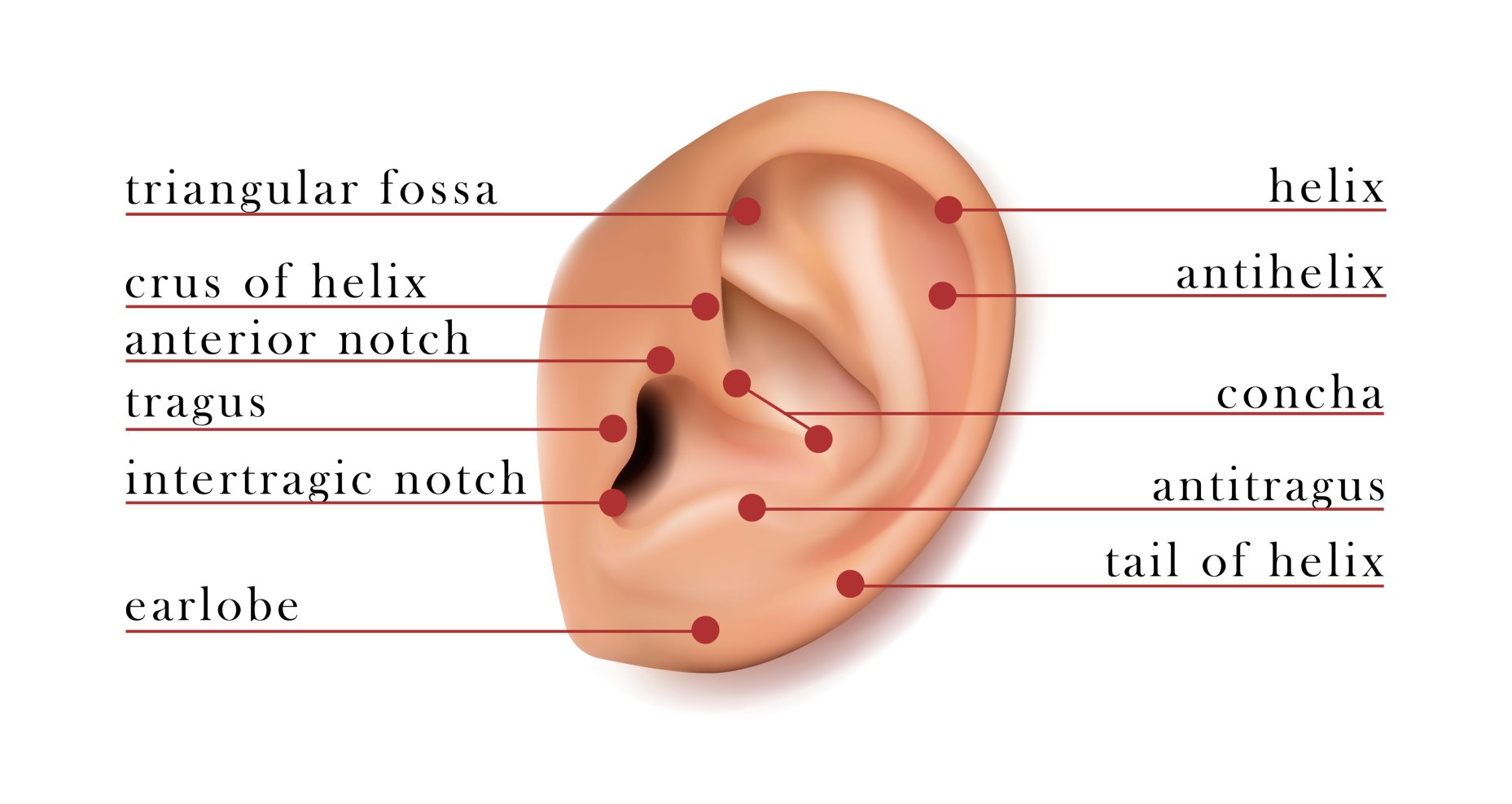Broader coverage comes as great news for those with profound hearing loss.
Cochlear implants were first covered for adult Medicare beneficiaries in October 1986 with coverage for children following in 1992. Since then, devices have been improved and there have been gradual changes in the degree of hearing loss for which the Food and Drug Administration (FDA) has approved use of cochlear implants. But even though the Centers for Medicare & Medicaid Services (CMS) previously determined that cochlear implants are not subject to the hearing aid exclusion, there were still strict requirements surrounding Medicare coverage of the devices.
Following a proposal to reconsider national coverage determination for cochlear implantation, CMS has released decision memo CAG-00107R which broadens Medicare coverage of cochlear implantation. Under the Medicare National Coverage Determinations Manual (NCD 50.3), CMS is expanding coverage by broadening patient criteria and loosening requirements.
What Has Changed for Cochlear Implantation?
Effective for services performed on or after Sept. 26, 2022, cochlear implantation may be covered for treatment of bilateral pre- or post-linguistic, sensorineural, moderate-to-profound hearing loss in individuals who demonstrate limited benefit from amplification. Limited benefit from amplification is now defined by test scores of less than or equal to 60 percent correct in the best-aided listening condition on recorded tests of open-set sentence cognition instead of the previous 40 percent. Patients must also meet all of the following criteria:
> Diagnosis of bilateral moderate-to-profound sensorineural hearing impairment with limited benefit from appropriate hearing (or vibrotactile) aids;
> Cognitive ability to use auditory clues and a willingness to undergo an extended program of rehabilitation;
> Freedom from middle ear infection, an accessible cochlear lumen that is structurally suited to implantation, and freedom from lesions in the auditory nerve and acoustic areas of the central nervous system;
> No contraindications to surgery; and
> The device must be used in accordance with FDA-approved labeling.
Medicare beneficiaries not meeting all of the coverage criteria above are deemed not eligible for Medicare coverage with the following exception:
> CMS may provide coverage of cochlear implants for beneficiaries not meeting the coverage criteria above when performed in the context of FDA-approved investigational device exemption clinical trials as defined at 42 CFR 405.201 or as a routine cost in clinical trials under section 310.1 of the National Coverage Determinations Manual titled Routine Costs in Clinical Trials.
All other indications for cochlear implantation not otherwise indicated as nationally covered or non-covered remain at local A/B Medicare Administrative Contractor (MAC) discretion.
For more information, visit: https://www.aapc.com/blog/86264-cms-expands-cochlear-implantation-coverage-under-medicare/




